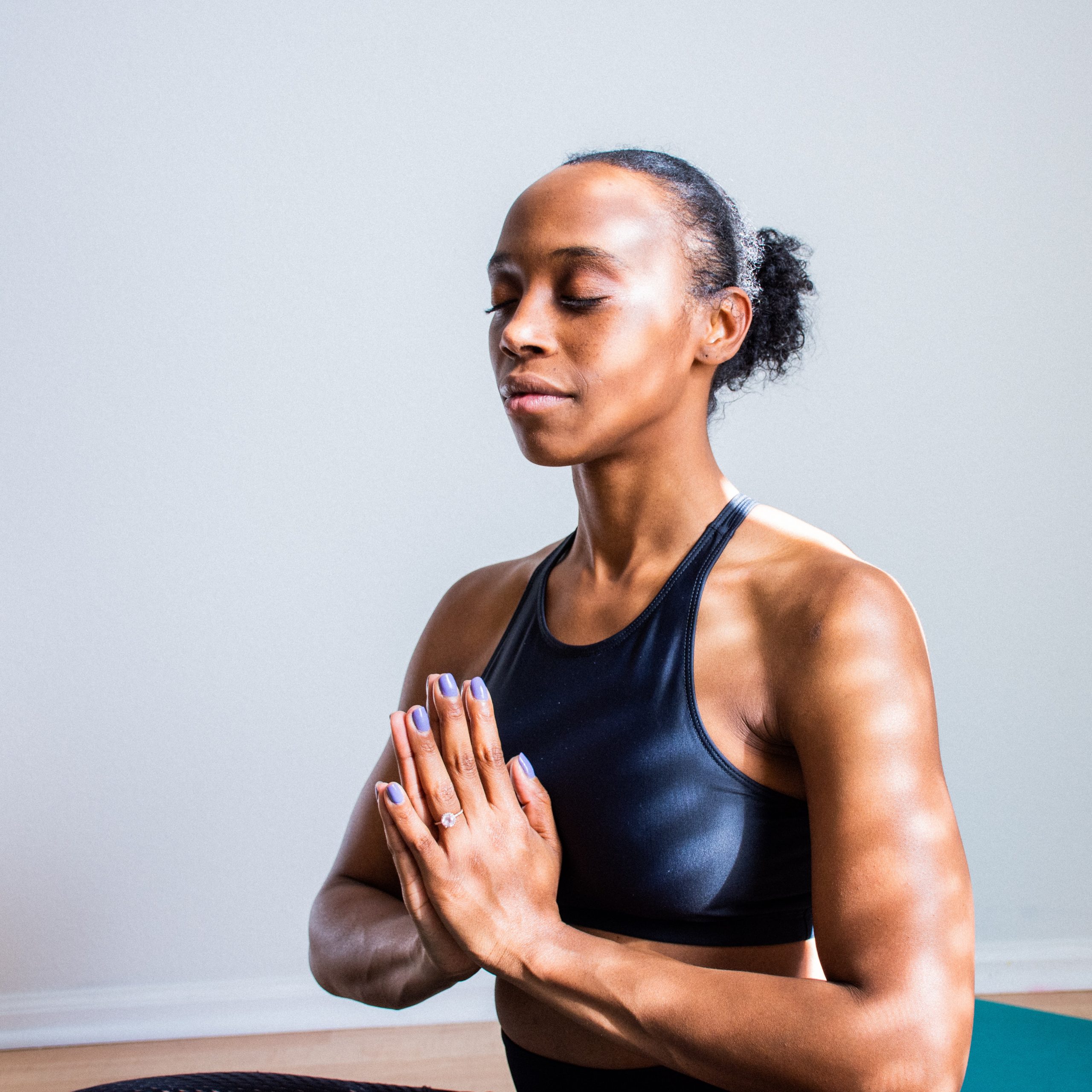I started practicing mindfulness and meditation for the typical reasons that many people do — in an effort to find a better way of managing stress and anxiety. Lawyers suffer from a disturbingly high rate of alcohol and substance abuse. I suspect much of this is due to the overwhelming chronic stress that so many of us face. Lawyers also suffer from a very high rate of stress, as well as anxiety.
As a lawyer that now teaches other professionals how to use mindfulness and meditation to better manage stress and anxiety while increasing focus and productivity, I hear a lot of different reasons for why someone decides to try mindfulness and meditation.
You are the only one who knows whether meditation is right for you or why you are interested in trying it. Still, it’s interesting to hear why someone might begin a meditation practice. Some common reasons include:
- Stress or anxiety management — Many people begin meditation as a means of managing stress or anxiety, and perhaps this is an even greater motivator for lawyers than for others, since stress is such a defining aspect of our professional lives. It’s telling that both of us, the authors of this book, began meditating to manage stress-related issues. If stress is the reason for your beginning your meditation practice, welcome! You’re in good company.
- Increasing focus and productivity — Our computers, laptops, phones, iPads, e-readers, and the myriad of other devices can make us more productive, but they also enable continual interruptions. These never-ending sources of distraction can leave us frayed and even undermine our fundamental ability to pay attention. Many professionals take up meditation as an antidote, to help navigate the disruption that is part of the modern working world without sacrificing their effectiveness.
- Letting go of unwanted habits — Meditation is often a crucial support for people who are giving up habits like smoking, overeating, or other behaviors that don’t serve them well.
- Dealing with difficult events — Tragedy strikes all of us at one point or another, and its timing is not something we choose. Dealing with a sad event or a challenging time in one’s life is often the catalyst for beginning a meditation practice. Meditation can feel right at this time, both because it can be calming and soothing, and because it can help us connect with the deeper questions that can arise in these situations.
- Seeking meaning and self-knowledge — We all want to know why we’re here and what our lives are about. This inquiry may come up as a need to understand our deeper purpose, or better define our values. Or we may feel we want to see reality more clearly, without the fog of neurosis and self-deception we suspect separates us from the world as it really is.
This list is certainly not meant to be exhaustive. Beginning a meditation practice is personal to you; and whatever your own reasons for meditating, they should be honored. All are very valid reasons for meditating—and meditation has a good track record with all of them.
It’s also possible that the reason you meditate may change over time. You may begin a meditation practice to reduce stress or anxiety and increase concentration or focus; but with practice, you could find additional and perhaps deeper reasons to motivate your practice.
As our meditation practice continues, more and more of our beliefs — perhaps even those that are very deeply held — reveal themselves to be based on reflexive thinking. We begin to hold all of our beliefs more lightly, approach the world from a more open stance, and even begin to take ourselves less seriously.
For most people, this feels pretty wonderful! There is a reason why classical meditation texts describe the goal of meditation as “liberation” — it is liberating to let go of the heaviness most of us carry around our sense of self. Eventually, we begin to see that our understanding of ourselves as alienated, fragile beings who are at the receiving end of life is mistaken.
We see that, in fact, we are whole, we are fundamentally free and we are deeply connected to each other and the world, and we see this understanding is the true source of happiness.
This article previously appeared on Forbes, and was originally adapted from The Anxious Lawyer.

